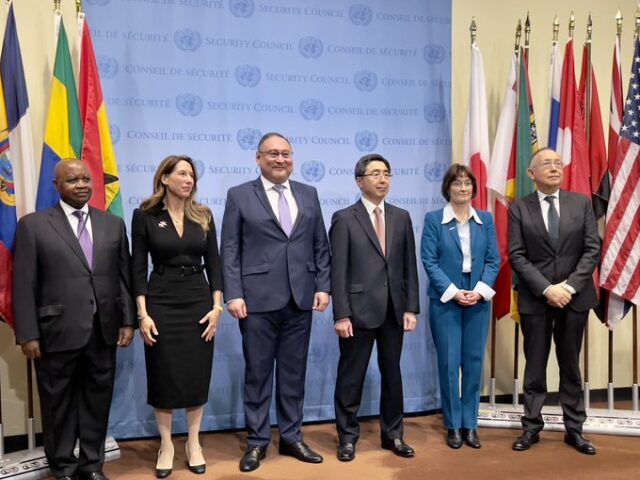The smallest member state of the EU and the most neutral nation of Europe, are set to play outsized roles in world events over the next two years, as Malta and Switzerland have begun their term as non-permanent members of the United Nations Security Council.
Apart from the United Kingdom and France, which are the two permanent members of the council, with their veto votes, Malta and Switzerland are carrying the mantle of western Europe that would take the lead on some potentially incendiary matters.
Switzerland only became a member of the United Nations in 2002, saying that there are four main priorities while on the Security Council: promote sustainable peace, strengthen efficiency, protect civilians, and tackle climate change. The Swiss Department of Foreign Affairs said that the Security Council is not a party to a conflict in a given situation in the sense of neutrality law. The main mandate is to maintain peace and security worldwide. Switzerland can continue to exercise its neutrality on the Security Council to its full extent.
Director of UN affairs at the International Crisis Group think tank in New York, Richard Gowan, said that any anxiety about the neutrality of Switzerland is more of an internal Swiss question, and it has been a major talking point in the Swiss media this week, than something that concerns other countries in New York, where it has viewed as one of the main representatives of Western Europe with specific diplomatic competences that has the ability to bring to the table.
The smallest member state of the EU, Malta, is recruiting as a non-permanent member of the UN Security Council for the second time. From the Ministry of Foreign and European Affairs of Malta, Rodrick Zerafa said that the nation recognizes that the primary duty of all Council Members is to work collectively in order to promote international peace and security and also to prevent conflict, which is present around the world, in Ukraine, and elsewhere.
The Mediterranean country wants their time on the Council to work on eradicating the use of children in armed conflict, increasing knowledge of rising sea levels, which threaten small island states around the world, including Malta, and also promoting literacy and the rights of women. Zerafa further said that they believe that the countries that have been effective on the council have been successful in persuading and cooperating with the other members of the council, including the P5, and that size has relatively little to do with the way that you choose to word a resolution or how you approach specific issues. Ultimately, they are determined to play their part in highlighting their common positions in the EU and foreign policy where this is possible.









